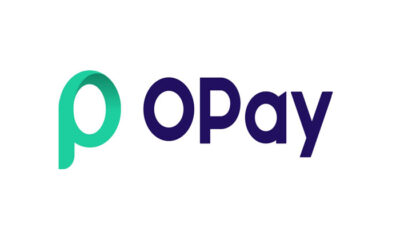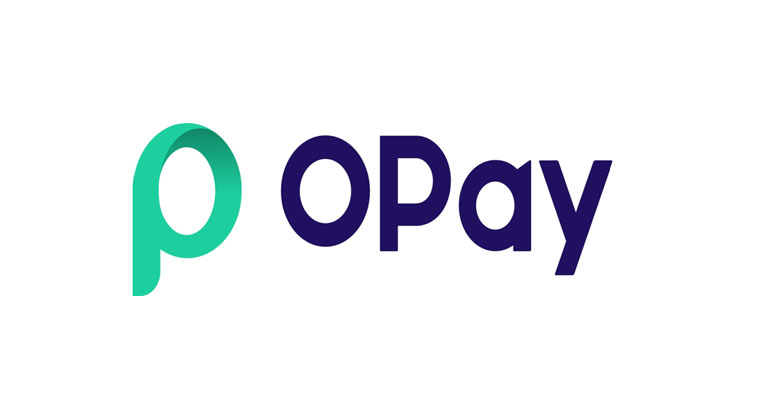Whether to enhance the efficiency in the usage of financial services provided by existing financial companies or to increase customer retention through speed and convenience, startups are transforming the financial services and allied sectors by tech driven solutions. Against this backdrop, the Unicorn Prediction Model of GlobalData, a leading data and analytics company, has released a list of 50 fintech startups that have the potential to become unicorns (valuation > US$1bn).
Apoorva Bajaj, Practice Head of Financial Markets at GlobalData, says: “Ranging from digital payments to insurtech, from mobile banking to cross-border payments, startups aim to disrupt finance using modern technologies and innovative business models to attract various new-age consumers. The COVID-19 has certainly provided tailwinds to the industry, as more consumers turned to fintech solutions to manage their finances. New opportunities keep emerging in the fintech sector across the globe, which bodes well for the startups working in the space.”
GlobalData’s latest report ‘Future Unicorns in Fintech‘, reveals that in Q3 2021, the fintech industry reported investment in excess of US$27.2bn spanning 650 deals globally. During the period, North America (primarily the US) accounted for nearly 40% of overall venture capital (VC) deal volume, followed by APAC with almost one-fourth of total investments.
When it comes to social media discussions, ‘fintech’ and its use cases in banking-as-a-service, insurtech and digital payments are increasingly being mentioned by social media influencers. Key mentions on social media include Klarna launching ‘Pay Now’ option in US, Mastercard offering SMEs digital cash-flow solutions via strategic partnerships and Russian food retailer launching X5 Bank to offer financial services.
Some of the fintech startups in GlobalData’s list of potential unicorns include Boost Insurance, Open, XTransfer, Moneytree and Ocrolus.
Boost offers an API-driven infrastructure-as-a-service platform for property and casualty insurers, which reduces the cost of building and managing an insurance company by packaging the necessary operational, compliance, and capital components and making them accessible.
Open is Asia’s first neo-banking platform for SMEs and startups that develops and offers an online platform for banking and intercompany settlement. It offers services ranging from deposit accounts, money transfers, debit cards for online/offline purchases, expense management, to invoice management. It currently serves more than 15,00,000 SMEs and processes US$24bn in transactions annually.
XTransfer is a one-stop cross-border platform offering financial and risk control services for foreign trade enterprises, dedicated to helping SMEs to greatly reduce the threshold and cost of global exhibition industry and improve global competitiveness.
Moneytree is a financial data aggregation platform offering personal financial management solution, an expense tracking tool for small businesses, and a customer database software for financial enterprises. It aims to bring people and institutions closer together, help them find balance and discover new opportunities to grow personal wealth.
Ocrolus is a document automation platform powering digital lending ecosystem, automating credit decisions across banking, fintech, and mortgage.
Bajaj concludes: “The adoption of ‘fintech’ is increasing as is evident by latest tech innovations in the banking, financial services and insurance sector, massive surge of digital-only banks, increase in number of related mentions in corporate filings and continued increase in jobs posted to hire talent in this space. With all the emerging trends in fintech, it will be interesting to see how future shapes up for companies investing in digital transformation of the traditional banking, investment and insurance services.”

 Naira4 weeks ago
Naira4 weeks ago


 Naira4 weeks ago
Naira4 weeks ago




 Naira4 weeks ago
Naira4 weeks ago




 Naira3 weeks ago
Naira3 weeks ago
 Commodities4 weeks ago
Commodities4 weeks ago


 News4 weeks ago
News4 weeks ago
 Travel4 weeks ago
Travel4 weeks ago




 Naira3 weeks ago
Naira3 weeks ago



















